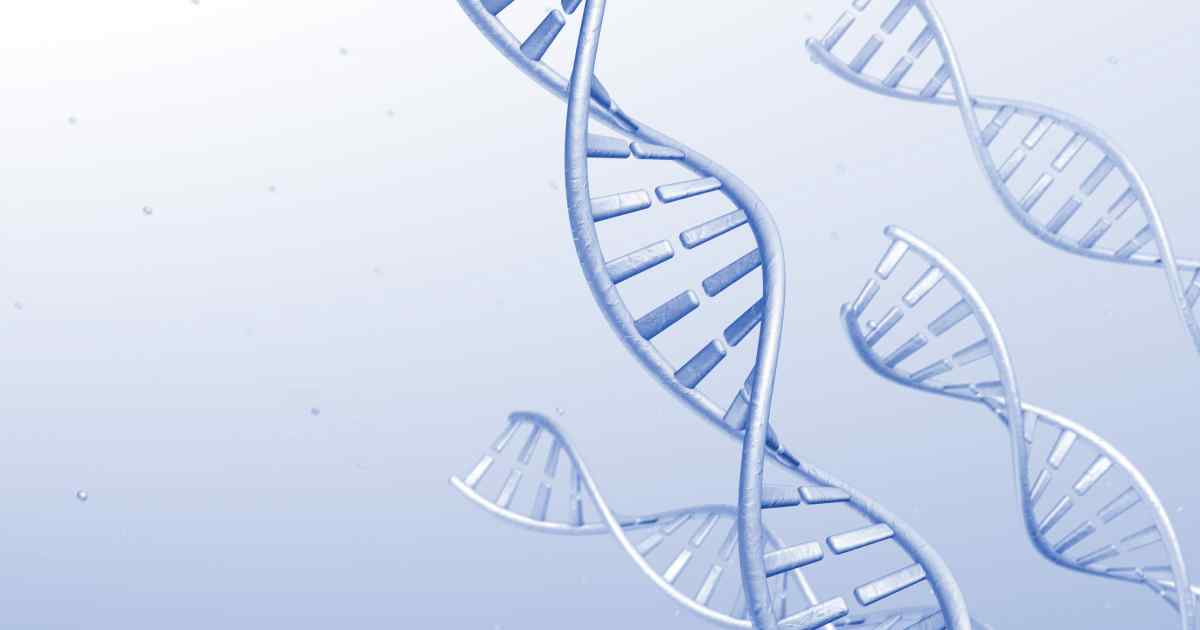
Expert Reviewed By: Dr. Brandon Colby MD
Understanding Modifier Deafness, Autosomal Recessive 26
Deafness, autosomal recessive 26 (DFNB26) is a genetic disorder that affects an individual's hearing ability. It is characterized by non-syndromic sensorineural hearing loss, which means that the hearing impairment is not accompanied by other symptoms or syndromes. This type of hearing loss is caused by mutations in the GJB2 gene, which encodes a protein called connexin 26, essential for proper functioning of the inner ear.
Recent studies have shed light on the prevalence of GJB2 mutations in different populations, such as the Iraqi and Palestinian populations of Gaza strip. These findings are crucial for understanding the genetic basis of DFNB26 and developing effective diagnostic and therapeutic strategies.
Diagnosing Modifier Deafness, Autosomal Recessive 26
Diagnosing DFNB26 involves a thorough clinical evaluation, including a detailed patient history and physical examination. Audiometry tests are performed to assess the severity of hearing loss, and imaging studies may be done to rule out other causes of hearing impairment.
Genetic testing plays a vital role in confirming the diagnosis of DFNB26. It involves screening for specific GJB2 gene mutations known to cause the disorder. For example, the c.35delG, c.235delC, and c.-23+1G>A mutations have been found to be significantly associated with DFNB26 in the Iraqi and Palestinian populations of Gaza strip. Identifying these mutations can help confirm the diagnosis and provide valuable information for genetic counseling and management of the condition.
Uses of Genetic Testing for Modifier Deafness, Autosomal Recessive 26
Early Detection and Intervention
Genetic testing can be used to identify DFNB26 in newborns or even before birth, allowing for early intervention and management of the hearing impairment. Early detection can lead to timely interventions, such as hearing aids or cochlear implants, which can significantly improve the quality of life for affected individuals.
Genetic Counseling
Genetic testing can provide valuable information for couples planning to have children, especially if they have a family history of DFNB26 or belong to a population with a high prevalence of GJB2 mutations. Genetic counselors can help couples understand their risk of having a child with DFNB26 and guide them in making informed decisions about family planning.
Targeted Therapies
As our understanding of the genetic basis of DFNB26 improves, targeted therapies may be developed to address the specific mutations causing the disorder. For example, gene therapy or small molecule drugs could potentially be designed to correct or compensate for the effects of GJB2 mutations, leading to improved hearing outcomes for affected individuals.
Population Screening and Public Health
Genetic testing can be used to screen populations with a high prevalence of GJB2 mutations, such as the Iraqi and Palestinian populations of Gaza strip. This can help identify at-risk individuals and guide public health initiatives aimed at reducing the burden of DFNB26 in these communities.
Conclusion
Genetic testing plays a crucial role in understanding, diagnosing, and managing Modifier Deafness, Autosomal Recessive 26. As our knowledge of the genetic basis of this disorder continues to grow, it is likely that more targeted and effective therapies will be developed, improving the lives of those affected by DFNB26.
About The Expert Reviewer
Dr. Brandon Colby MD is a US physician specializing in the personalized prevention of disease through the use of genomic technologies. He’s an expert in genetic testing, genetic analysis, and precision medicine. Dr. Colby is also the Founder of and the author of Outsmart Your Genes.
Dr. Colby holds an MD from the Mount Sinai School of Medicine, an MBA from Stanford University’s Graduate School of Business, and a degree in Genetics with Honors from the University of Michigan. He is an Affiliate Specialist of the American College of Medical Genetics and Genomics (ACMG), an Associate of the American College of Preventive Medicine (ACPM), and a member of the National Society of Genetic Counselors (NSGC)